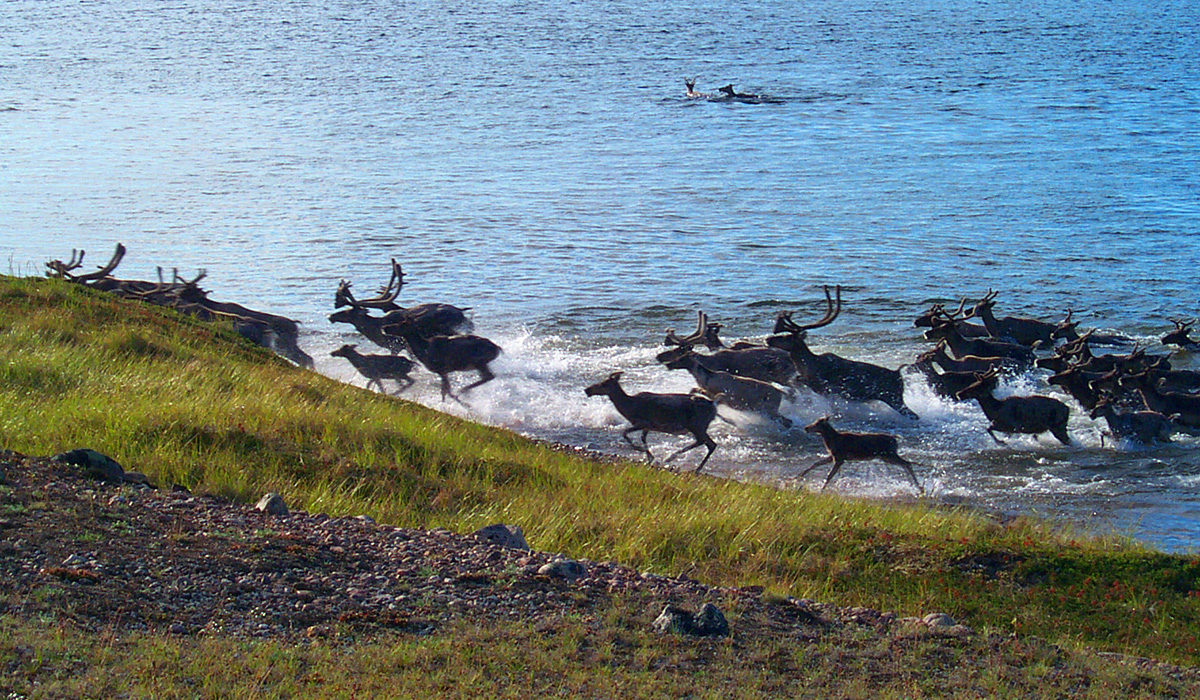Nunavut wildlife surveys are grounded by pandemic precautions
“We depend on those surveys to track wildlife numbers and inform management decisions.”

Nunavut’s wildlife surveys, which normally begin in the spring, are on hold because of pandemic precautions.
All non-essential duty travel for Government of Nunavut employees has been cancelled since March 13, one of the first precautionary measures taken by the territory’s chief public health officer, Dr. Michael Patterson, to prevent the spread of COVID-19 throughout the territory.
“All of our research that requires inter-community travel and non-essential services has been suspended,” said Kate England, manager of wildlife research for the Department of Environment.
“That includes aerial surveys and, for the moment, hunter harvest sample programming.”
According to England, between March and June is when more than half of all fieldwork is done.
This is particularly true for caribou populations that calve in the early summer.
“The impact of delaying the surveys for a year is not ideal,” said England.
“We depend on those surveys to track wildlife numbers and inform management decisions.”
Normally the survey results would be analyzed and submitted to the Nunavut Wildlife Management Board along with management recommendations, which are developed in partnership with hunter and trapper organizations throughout the territory.
With no new information, there won’t be any new recommendations, so any changes in harvest restrictions will be delayed, said England.
But not all species or populations will be affected by this delay, because surveys aren’t conducted on set schedules.
“We prioritize what needs to come first,” said England.
“That’s based on all kinds of things like conservation status, population, food security.”
For now, there are a couple of caribou surveys that will be delayed, as well as a muskox survey, said England.
In the meantime, although the fieldwork season is currently on hold, England’s team has been keeping busy.
“We have a lot of data that we can still continue to work with,” said England.
Her team has also been working on developing tools, guiding documents and communications materials for HTOs, as well as the public.
“I’m feeling pretty proud to be part of a resilient team that’s aiming to do the very best with what we have right now,” said England.
In addition to office work, England and her team have been working to have some social survey projects carry forward on a case-by-case basis.
“We have traditional knowledge studies ongoing, for polar bear in particular, right now, and we’re working to have those proceed by teleconference,” said England.
While it’s still too early to tell when the travel restrictions will be eased, the research season runs until November, and England is hopeful that restrictions could be eased before then.
“We haven’t scrapped our permits and logistical planning,” she said.
“So as soon as it’s possible to do so, we’ll be ready to resume surveys.”